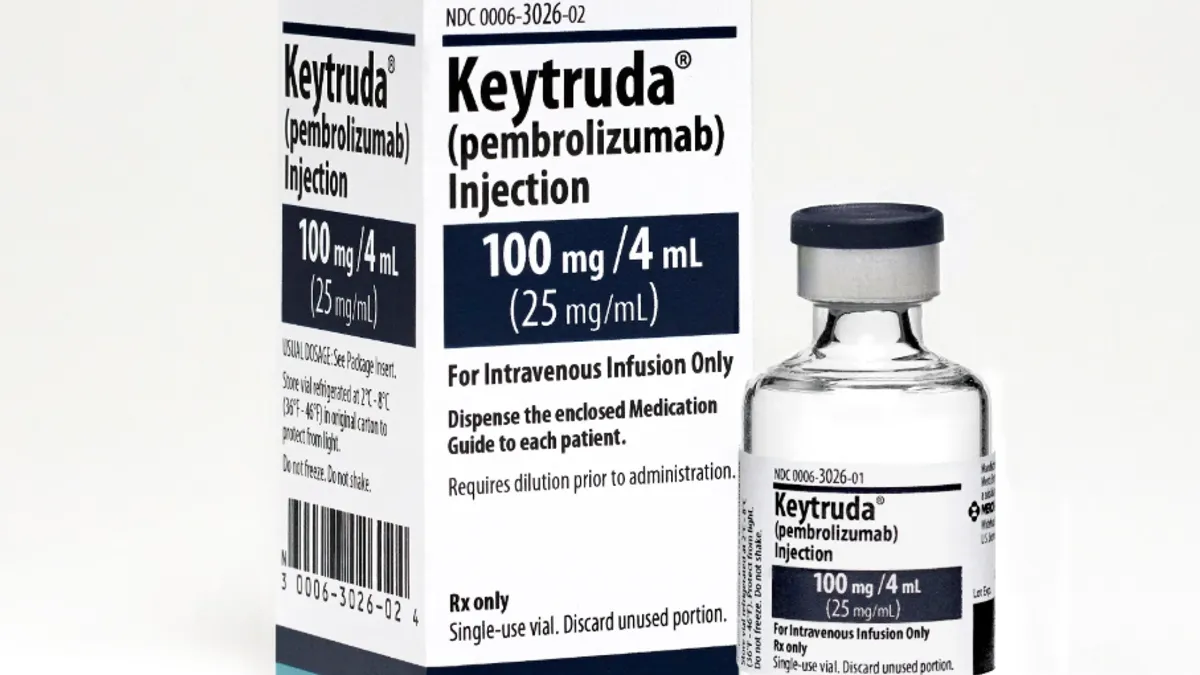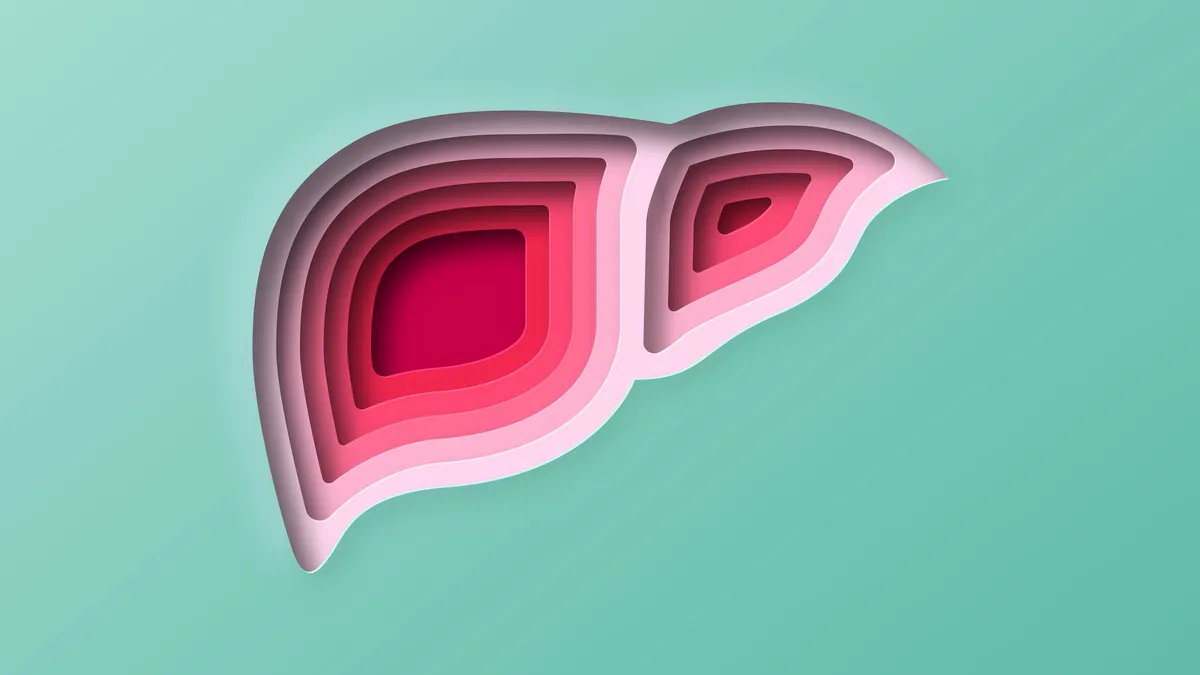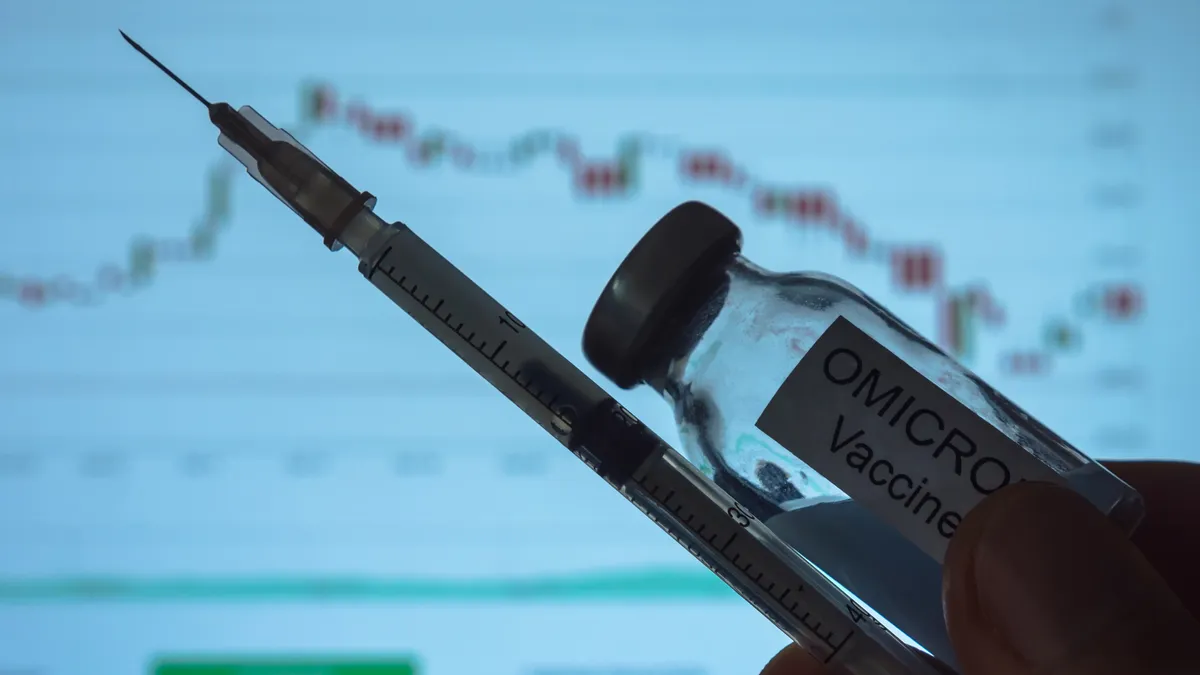New Exhaled Breath Sensor Spots Diseases, Monitors Health
Trend Watch: The application of very small things to yield very big health results
 A study published in the Accounts of Chemical Research journal reports that Korea Advanced Institute of Science and Technology’s researchers have developed a new breath sensor that uses protein-encapsulated nanocatalysts to spot certain biomarkers of diseases. While a person’s breath can hold a lot of information about what’s going on inside the body, the variety of gasses present and the large amount of water vapor make it very difficult to spot biomarkers present at concentrations as low as a few parts per billion.
A study published in the Accounts of Chemical Research journal reports that Korea Advanced Institute of Science and Technology’s researchers have developed a new breath sensor that uses protein-encapsulated nanocatalysts to spot certain biomarkers of diseases. While a person’s breath can hold a lot of information about what’s going on inside the body, the variety of gasses present and the large amount of water vapor make it very difficult to spot biomarkers present at concentrations as low as a few parts per billion.
The institute’s new prototype device features 16 sensors, each able to spot a specific chemical that is a signature of various health parameters. They rely on newly developed heterogeneous nanocatalysts, functionalized on metal oxide nanofiber sensing layers that were built using protein templates that are two nanometers in size.
Flu Vaccine Delivered Using Dissolvable Microneedle Patch
 According to a study in the Journal of Controlled Release, researchers at Georgia State University have developed a more effective way of delivering influenza vaccines thanks to a dissolvable microneedle array and a special formulation of the vaccine. The microneedle device (MND) is made of a biocompatible polymer, the needles of which are tightly packed with the vaccine. The vaccine works well thanks to a novel fusion protein (4M2e-tFliC) that includes four versions of M2e, a peptide produced by the influenza virus. Each of the four versions comes from different strains of the virus, making the protection broader than typical. But, to boost the immune system’s response to the vaccine, the fusion protein also has flagellin, a peptide that appears in most bacteria, that causes an alarm in the immune system and motivates it to engage more forcefully.
According to a study in the Journal of Controlled Release, researchers at Georgia State University have developed a more effective way of delivering influenza vaccines thanks to a dissolvable microneedle array and a special formulation of the vaccine. The microneedle device (MND) is made of a biocompatible polymer, the needles of which are tightly packed with the vaccine. The vaccine works well thanks to a novel fusion protein (4M2e-tFliC) that includes four versions of M2e, a peptide produced by the influenza virus. Each of the four versions comes from different strains of the virus, making the protection broader than typical. But, to boost the immune system’s response to the vaccine, the fusion protein also has flagellin, a peptide that appears in most bacteria, that causes an alarm in the immune system and motivates it to engage more forcefully.
In a laboratory study, the researchers showed that the new vaccine, via its delivery system that releases the vaccine into the dermis and epidermis, was able to achieve a more sustained and broader resistance to influenza in mice models.
Compared with an intramuscular injection boost, mice receiving the MND boost showed significantly enhanced cellular immune responses, hemagglutination-inhibition (HAI) titers, and neutralization titers. Increased frequency of antigen-specific plasma cells and long-lived bone marrow plasma cells was detected in the MND boosted group as well, indicating that skin vaccination with 4M2e-tFliC facilitated a long-term antibody-mediated immunity.
FDA To Launch Unit Focused On Digital Health
The Food and Drug Administration, in conjunction with its Center for Devices and Radiological Health arm, is ramping up medical app and device offerings with its recently announced digital health unit. The aim of this development is to centralize and coordinate digital health information so that there is consistency in applying policies. The primary responsibilities of those on the project will be to develop software and digital health tech to assist with premarket submissions or devices, utilize experts, and incorporate metrics that will assist with review times and submission. Beginning Oct. 1, 2017, the agency will begin to hire 13 full-time employees from various private sectors with hopes of having them on board by the 2018 fiscal year.
Micro-Sized Silk Cocoons for Drug Delivery
 An international team of researchers has used a microfluidic system to produce microsized silk capsules that could be used to deliver delicate proteins or drugs in the body. The researchers extracted silk proteins directly from the glands on silkworms and ran them through small channels on a microfluidic chip to produce the silk capsules. The process is bioinspired by the way that silkworms spin these natural fibers, and the capsules themselves mimic a silkworm cocoon, albeit on a tiny scale.
An international team of researchers has used a microfluidic system to produce microsized silk capsules that could be used to deliver delicate proteins or drugs in the body. The researchers extracted silk proteins directly from the glands on silkworms and ran them through small channels on a microfluidic chip to produce the silk capsules. The process is bioinspired by the way that silkworms spin these natural fibers, and the capsules themselves mimic a silkworm cocoon, albeit on a tiny scale.
“Making synthetic capsules is normally a complex and energy-intensive process," says Ulyana Shimanovich, a researcher involved in the study, which was recently published in Nature Communications. “In contrast, silk capsules are easier to produce and require less energy to manufacture. Moreover, silk is biodegradable."
One of the most exciting aspects of the capsules is that they can penetrate the blood brain barrier, a specialized layer lining blood vessels in the brain that is normally impenetrable to many drugs and particles. This means that they could be used to deliver drugs to treat neurological diseases.
EnCompass App Provides MDM Solution for Med Device and Pharma
A new application, developed by 121nexus in partnership with TransPerfect Medical Device Solutions, solves a major challenge for the medical device industry: the system satisfies evolving regulatory requirements for labeling traceability and risk management, while also delivering operational value to manufacturers and easy information access to physicians and patients. The 121nexus and EnCompass scanning apps provide the basis for the real-time postmarket information sought by both the FDA and the industry.
EnCompass is the only universal Unique Device Identification scanning app that automatically verifies information from the FDA’s Global Unique Device Identification Database and manufacturers’ digital content. Using an iPhone or iPad camera, the EnCompass app can easily scan any barcode on any medical device to automatically access and reveal all product information.
Nokia Launches Portfolio Of Digital Health Products
 Nokia has launched the largest, most comprehensive line of connected consumer health products in the market. Completing the transition of products from the Withings brand, Nokia trackers, scales, vital health devices, and home products will now be available in-store and online through top retailers.
Nokia has launched the largest, most comprehensive line of connected consumer health products in the market. Completing the transition of products from the Withings brand, Nokia trackers, scales, vital health devices, and home products will now be available in-store and online through top retailers.
New products include Nokia Body, a BMI Wi-Fi connected scale, and Nokia BPM+, a compact blood pressure monitor with a flexible cuff. The redesigned Nokia Health Mate app functions as the heart of the ecosystem by giving users a 360-degree view of their well being. Through its partnerships with some of the world’s most renowned institutions in medical research and clinical trials, including Scripps, the University of Pennsylvania, the Mayo Clinic, the American Medical Group Association, Stanford MedX, Ochsner Health System, and the University of Helsinki, Nokia is committed to collaborating with leaders in the medical community to positively impact societal health worldwide.
Five new programs, including Sleep Smarter, Better Body, Pregnancy Tracker, Healthier Heart, and the Leaderboard are available on Health Mate to improve sleep, manage weight and fat mass, control blood pressure, manage weight gain during pregnancy, and get more active. (PV)



















